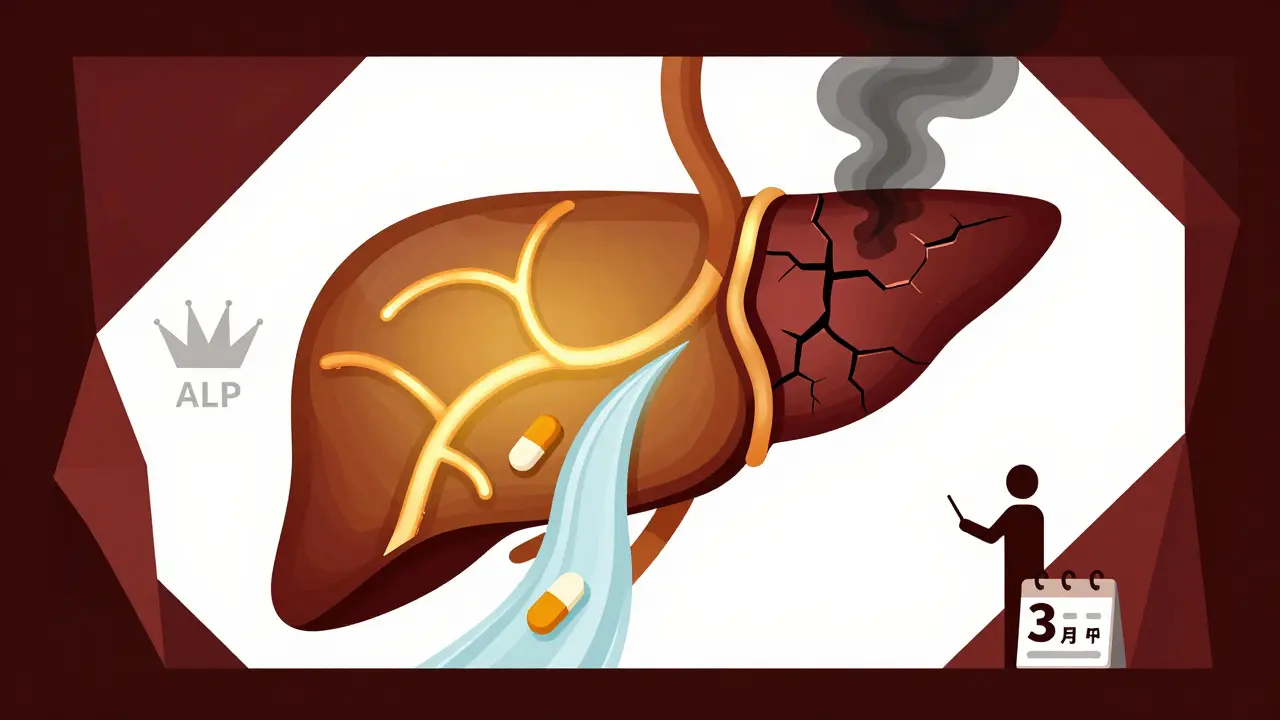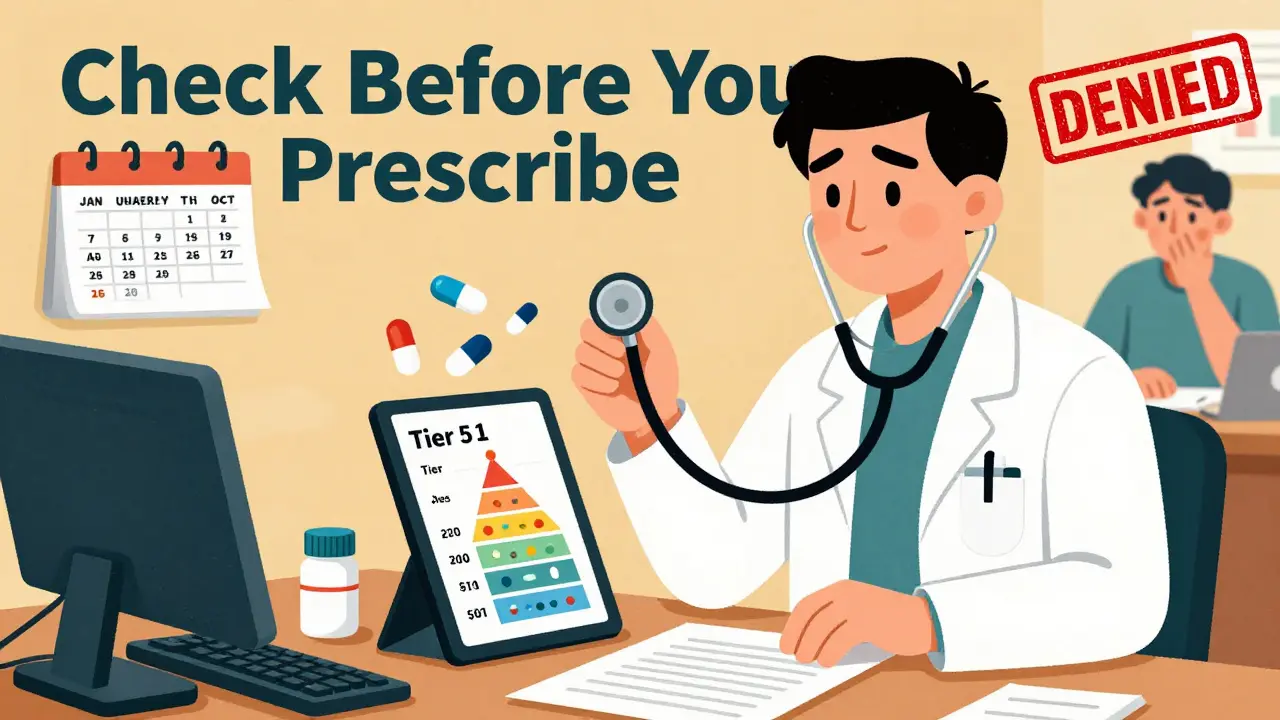Your-Online-Meds.com: Your Trusted Pharmaceutical Information Portal - Page 5
Medication Therapy Management Services Explained for Patients: What You Need to Know
Medication Therapy Management (MTM) is a free service for Medicare Part D patients taking multiple chronic meds. Get a pharmacist-led review to avoid dangerous interactions, save money, and understand your meds better.
Medications Causing Brain Fog and Memory Problems: How to Recognize and Reverse Them
Many medications cause brain fog and memory problems - especially sleep aids, painkillers, and antihistamines. Learn which drugs are most likely to blame and how to reverse the effects safely with your doctor.
Liver Cancer Risk After SVR: Why Surveillance Doesn't Stop After Hepatitis C Cure
Even after curing hepatitis C with SVR, liver cancer risk remains for those with prior fibrosis or cirrhosis. Ongoing ultrasound screening is critical to catch tumors early. Don't assume you're safe just because the virus is gone.
Eustachian Tube Dysfunction: How to Relieve Ear Pressure and Restore Hearing
Eustachian tube dysfunction causes ear pressure, muffled hearing, and discomfort. Learn how to relieve it with simple home remedies, safe medications, and when to seek medical help for lasting relief.
How to Talk to Your Doctor About New Drug Safety Alerts
Learn how to approach your doctor with confidence when you see a new drug safety alert. Get practical steps to discuss FDA warnings, ask the right questions, and ensure your medication is still safe for you.
Primary Biliary Cholangitis Treatment in 2025: What Works, What Doesn’t, and What’s Next
In 2025, PBC treatment has shifted dramatically with the withdrawal of Ocaliva and the approval of seladelpar and elafibranor. Learn how UDCA remains first-line, why new drugs work better, and what patients should know now.
Green Tea and Warfarin: What You Need to Know About Blood Clotting and INR
Green tea can affect warfarin's effectiveness by introducing vitamin K, which counteracts blood thinning. Moderate consumption (1-3 cups daily) is safe, but excessive intake or matcha can lower INR and increase clot risk. Consistency matters more than avoidance.
How to Check Formularies and Preferred Drug Lists Before Prescribing
Learn how to check formularies and preferred drug lists before prescribing to avoid costly coverage surprises. Understand tiers, prior authorization, and tools to ensure patients get the meds they need.
Beers Criteria: Potentially Inappropriate Drugs in Older Adults
The Beers Criteria identify medications that pose higher risks than benefits for adults over 65. Learn which drugs to avoid, why they're dangerous, and how to use this guide for safer prescribing and better health outcomes.
International Supply Chains: How Foreign Manufacturing Dependence Is Causing Drug Shortages in 2025
In 2025, drug shortages are worsening because 90% of active ingredients still come from just two countries. Dependence on foreign manufacturing makes supply chains fragile - and patients are paying the price.









